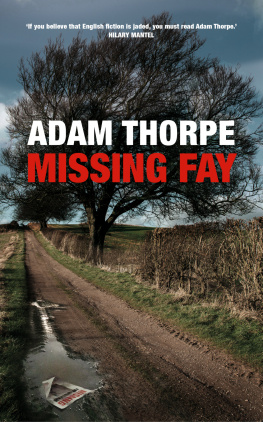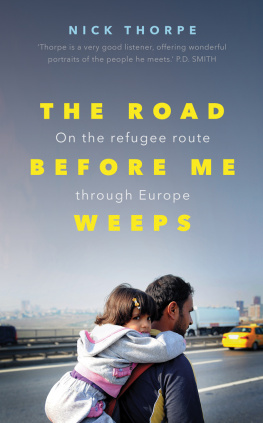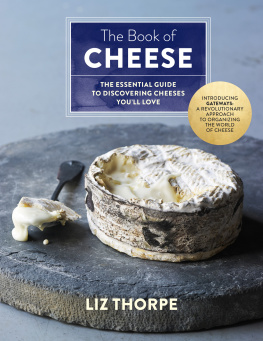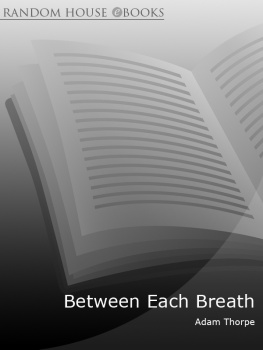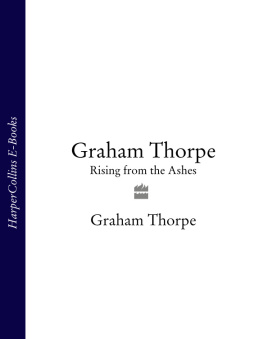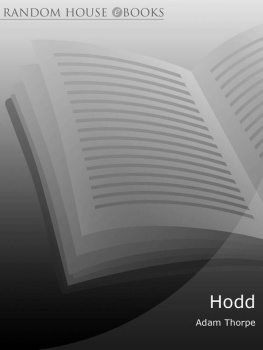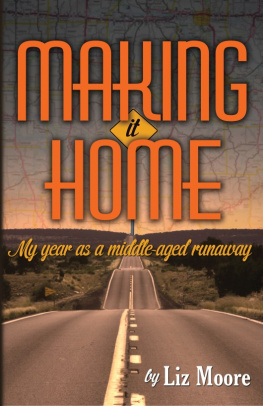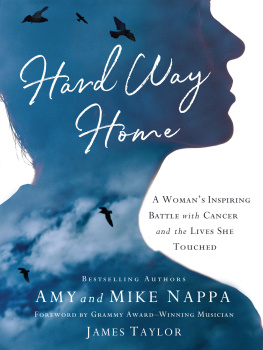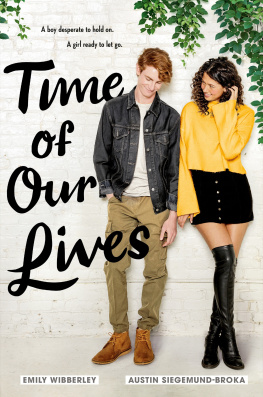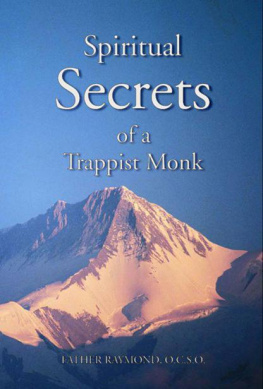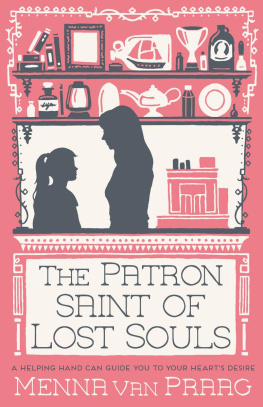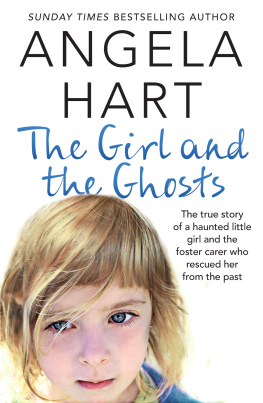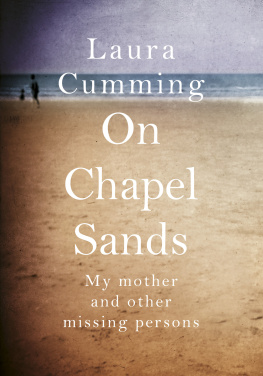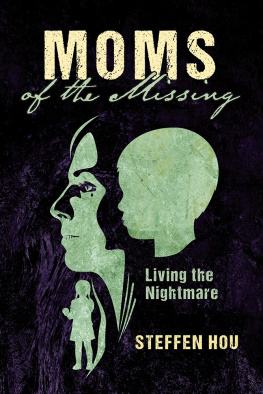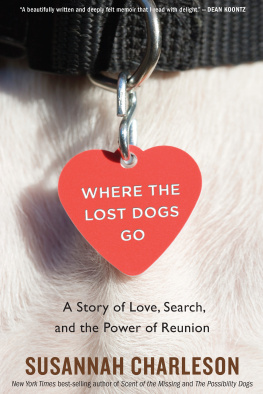Acknowledgements
I am very grateful to the following for giving so generously of their time, thoughts and support; without them, this book may not have seen the light of day: Edward Way, Sacha Thorpe, John Fuller, David Steward, Zoe Swenson-Wright and Sigrid Rausing. Also to Duncan Minshull at the BBC for initial guidance, and to John Owen for an insider view of bookshops.
Thank you to Tom Williams, Clare Bullock, Victoria Murray-Browne for their critical suggestions at an early stage.
Many thanks to the Nyika family of Lunca de Jos in the Pagan Snow Cap Region of north-eastern Romania for their warm-hearted hospitality on the farm: especially to Istvan for translating and to Erica for recounting her experience of working in England.
With thanks to my editor Robin Robertson for his exacting judgement through later drafts, to Ana Fletcher at Cape, and to my agent Lucy Luck.
As ever Jo, you made it all possible and stuck by me. This is your book as much as mine.
ALSO BY ADAM THORPE
FICTION
Ulverton
Still
Pieces of Light
Shifts
Nineteen Twenty-One
No Telling
The Rules of Perspective
Is This The Way You Said?
Between Each Breath
The Standing Pool
Hodd
Flight
POETRY
Mornings in the Baltic
Meeting Montaigne
From the Neanderthal
Nine Lessons from the Dark
Birds with a Broken Wing
Voluntary
TRANSLATION
Madame Bovary
Thrse Raquin
NON-FICTION
On Silbury Hill
About the Author
Adam Thorpe was born in Paris in 1956. His first novel, Ulverton, appeared in 1992, and he has published two books of stories and six poetry collections and nine further novels, most recently Flight (2012).
www.adamthorpe.net
About the Book
A spirited, restless fourteen-year-old, Fay, goes missing from a Lincoln council estate. Is she a runaway, or a victim another face on a poster gradually fading with time? The story of her last few days before she vanishes is interwoven with the varied lives of six locals whether aware or unaware of her presence or absence, all touched in life-changing ways.
David is an eco-campaigner on a family holiday on the bleak Lincolnshire coast; Howard, a retired steel worker with some dodgy friends; Cosmina, a Romanian immigrant struggling as a care-home nurse; Sheena, middle-aged and single, running a kiddies clothes shop, is sexually entangled with the peculiar Gavin, while dreaming of Paul, up the lane; Mike, the misanthropic owner of the haunted second-hand bookshop, is secretly in love with Cosmina; and Chris, a TV producer become Trappist monk, cant quite leave the ordinary world behind. All are involuntary witnesses to the lost girl; paths cross, threads touch, connections are made or lost. Is Fay alive or dead? Or somewhere in between?
Adam Thorpe has once again created a cast of brilliant eccentrics bound together by the accident of geography, in a novel of effortlessly elegant prose, forensic observation and resonant power.
1
DAVID
1516 August 2012
There might be bigger crabs when the tides right out, he suggests to the kids. Worms, anemones, brittlestars and the countless small crabs have not grabbed them. Stephie has just done a project on giant crabs at school, and is further up the beach, stooped over with a red bucket and a net. Noah is stabbing at bubbling air holes with a stick.
Dont do that, Noah, says his father. You might kill whatevers breathing down there. Those holes are like their nostrils, OK? Little critters that thrive in salty environments. Pretty special.
A brief pause, and then his son stabs at them with even more enthusiasm, now they are nostrils. Nostrils of concealed salt-loving monsters.
I said, Noah. Dont do that. An intertidal mudflat is an amazingly rich habitat but its also what? Noah. What is it? Remember? Begins with F.
Noah mumbles a word that sounds very like fucking.
David is momentarily speechless. Surely not? Not at six years old? Noah glances up at him with a secret little smile. Fracking, he repeats, loud enough to be heard over the seas restless wash.
The father chuckles in relief, to Noahs delight. OK, OK, I get it. The word is actually fragile. Remember? Fragile. A very important word, Noah.
The boy is now pretending to be a burly hard-hatted fracking operative, from the look of it, adding drilling noises. His father turns away, defeated. He was woken at dawn, shivering in the tent, by a cacophony of rooks massing directly overhead, and he feels shit. The damp sand is silky-hard under his feet and surprisingly cool. He presses his toes into it, kneading the grains, not making much headway and releasing a sulphurous odour: the natural decay of organic matter, on which all life depends. His toes impressions are black. He is not an imaginative man, but he tries to picture himself as a hominid walking here a million years back, with a very simple life pattern, with straightforward thoughts and feelings and finely tuned sense receptors. Wetness, light, the healthy stench of mud, the cries of his blood progeny, the tribes future. It is difficult picturing this, what with a huge bright-blue shipping container in his sight line, dumped for no discernible purpose in front of the concrete seawall, its patched ugliness topped by a metal fence.
Noah has left off fracking and has picked up one half of a sword razor shell: creamy white, almost opalescent. David begins to relate the amazing story of bivalves, tapping the shell in Noahs small palm. A helicopter, the bright-yellow rescue type, thumps into view some half a mile inland. The choppers slapping rotors are loud, considering its distance. Noah points the long shell at the heli and makes a surprisingly effective space-gun noise, followed by an explosion.
Noah! Youre really pissing me off! What is that heli doing?
Blowing up.
It is not blowing up, stupid. It is flying off to rescue someone, someone badly injured or drowning or critically ill!
Lisa is meditating out of sight in the dunes, with a view down to their van parked in a lay-by on the very straight and very depressing coastal road. Luke is in the van, dreaming whatever toddlers dream. Lisa doesnt like her husband to swear in front of the kids, breaking into one of his hissy fits, as she calls them. Maybe its his red hair, she says. True, he cant help it. Not that it happens very often, these days. He has better self-control.
Im not stupid, says Noah in a voice that mixes defiance with deep hurt.
Steph skips up to join them, to the fathers relief, the bottom of her bucket seething with whelks, hermit crabs and various wrigglings yet to be identified. Wow, well done, says David. Hed forgotten to check on her. You never know with beaches. Noah crouches down and examines the buckets interior without touching, Steph standing over it with crossed arms.
At least there arent that many people on the beaches of Lincolnshire, if you stay clear of places like Skegness or Mablethorpe. The North Sea is off-puttingly cold, even in August. Theyve seen a few folks in the water, still only up to their waists about half a mile out, it looks like. The weathers supposed to be getting a lot drier and hotter (or less cool) in a couple of days time. It is just unfortunate that most of the coastline has a rampart of static caravans and bungalows, which somehow they did not expect, while the coastal towns are basically run-down housing estates with amusements. Looking on the map, he just assumed that the miles and miles of broad sand would be lined by fields and trees beyond the dune grass, as they would be back home, where there are thousands of miles of wild beaches. There are nature reserves here, but they are pretty small and you cant camp overnight. The one open stretch of grassy shoreline they drove past lifted his hopes until he saw the first bunker. He didnt want his kids brained by golf balls travelling at 70 mph, especially as the few people on the fairways looked well into the doddery stage.

